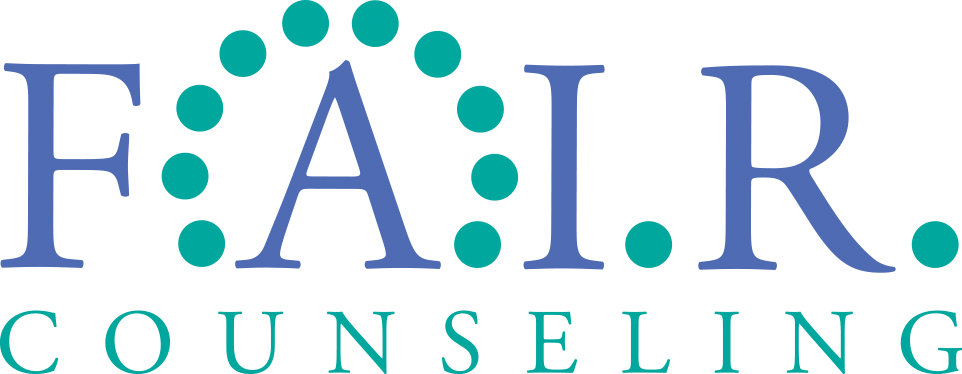About FAIR Counseling Families and Adolescents In Recovery via Telehealth
Meet FAIR Counseling
FAIR Counseling (Families and Adolescents in Recovery, Inc.) serves as a comprehensive and research based psychotherapy private practice for preteens, teens and adult clients . FAIR provides individual, family therapy as well as various group therapy based on neuroscience and evidenced based treatment interventions.
The FAIR Counseling therapists utilize neurocounseling where understanding of brain physiology merges with traditional counseling modalities.
The treatment modalities ustilized by our counselors include Neurocounseling, Christian Counseling, Cognitive Behavioral Therapy (CBT), ART therapy and Trauma Focussed CBT (TF-CBT) due to the enormous body of research supporting their efficacy for a wide range of disorders.
Neurocounseling
The brain is not a static organ. As we learn new skills and consume more information, we develop new neural pathways that help us retain and make use of that knowledge. This ability is something that we maintain throughout our lifetime and is called neuroplasticity. Counselors can combine their physiological knowledge of the brain with more traditional techniques while practicing neurocounseling. Several studies found this approach to be an effective treatment for a variety of cases.
Christian counseling
Christian counseling pairs evidence-based therapeutic practices with Biblical truths, prayer, meditation, and Scripture. Through the exploration of biblical principles and personal values, you will learn strategies to navigate life’s challengeswhile integrating faith-based practices into your life. The goal is to help you flourish spiritually while giving you the tools to live a healthy, happy, and peaceful life while you continue your walk in the faith.
The goal of Christian Counseling is to utilize Scripture and work within your Biblical belief system to improve your mental wellbeing, strengthen hope, and help you discover your purpose. Our Christian counselors offer services framed in Christian worldview and have solid clinical credentials. They do not discriminate against any other beliefs and worldviews. Christian counselors believe that God created people as physical, emotional, social, and spiritual beings.
Cognitive Behavioral Therapy (CBT)
CBT relies on the belief that thinking influences mood and behavior. Development of the ability to evaluate and adapt one’s thinking helps an individual change their mood and behaviors. CBT also provides an educative component in helping individuals solve their own problems. CBT teaches patients to identify, evaluate, and respond to their dysfunctional thoughts and beliefs, which can be very empowering to the client. This treatment modality uses a variety of techniques to change one’s thinking, mood, and behavior. Socratic questioning and guided discovery are central to CBT, but it also allows the clinician flexibility to incorporate techniques from other orientations with a cognitive framework. Understanding and following the structure of CBT has been helpful in avoiding unfocused discussions, which can lead to a failure in making productive therapeutic interventions. The collaborative nature of CBT ensures the client has an opportunity to take responsibility for one’s own treatment and recovery, as well as to continue to work on the issues outside of the sessions in the form of homework.
Art Therapy
Additionally, Therapies with art directives are utilized for adolescent and adult clients. These forms of therapy allow for processing emotions and events that might be difficult to initially process through talk therapy. They improve the insight and provide coping skills to deal with stress and difficult emotional experiences. The art therapy provides an opportunity to harness different types of learning styles as well as discover our clients’ strengths and talents.
Trauma Focused Cognitive Behavioral Therapy
Trauma-focused cognitive behavioral therapy (TF-CBT) addresses the mental health needs of adolescents, adults and families suffering from the destructive effects of early trauma. The treatment is particularly sensitive to the unique problems of youth with post traumatic stress and mood disorders resulting from sexual abuse as well as from physical abuse, violence, or grief. If the client is an adolescent, TF-CBT often brings non-offending parents or other caregivers into treatment and incorporates principles of family therapy.
